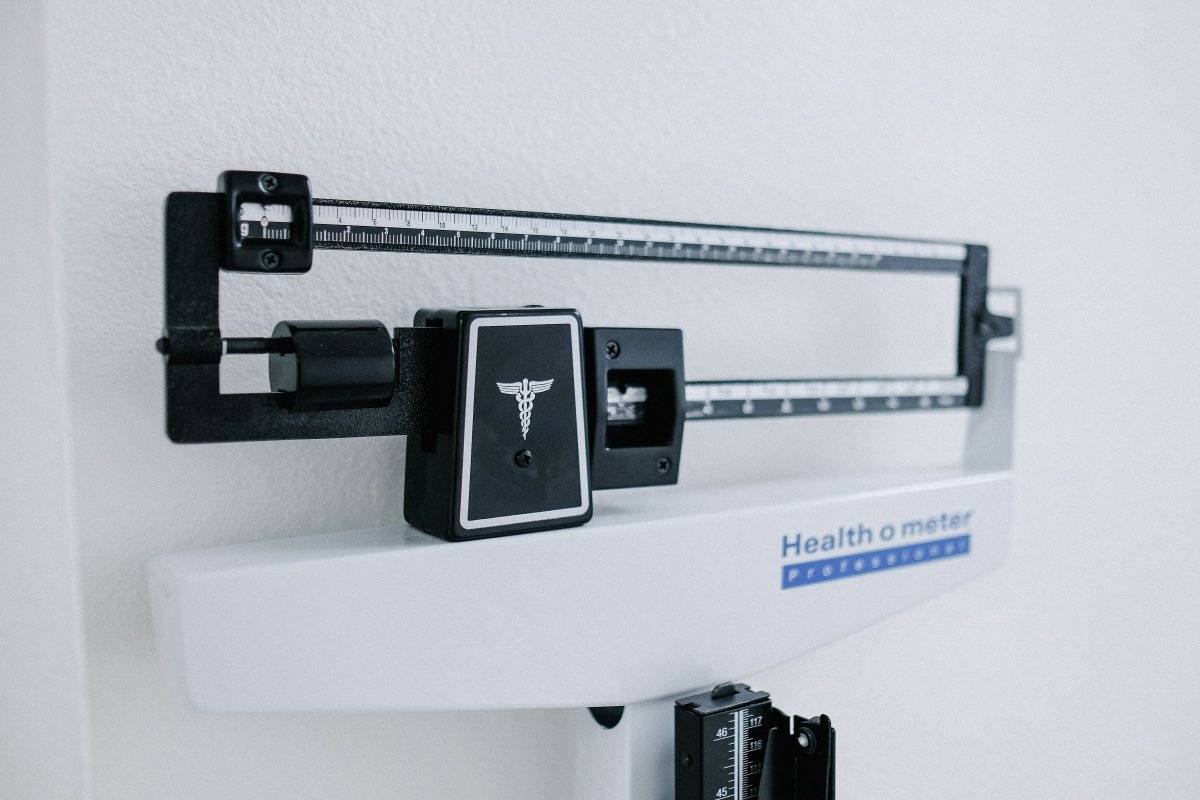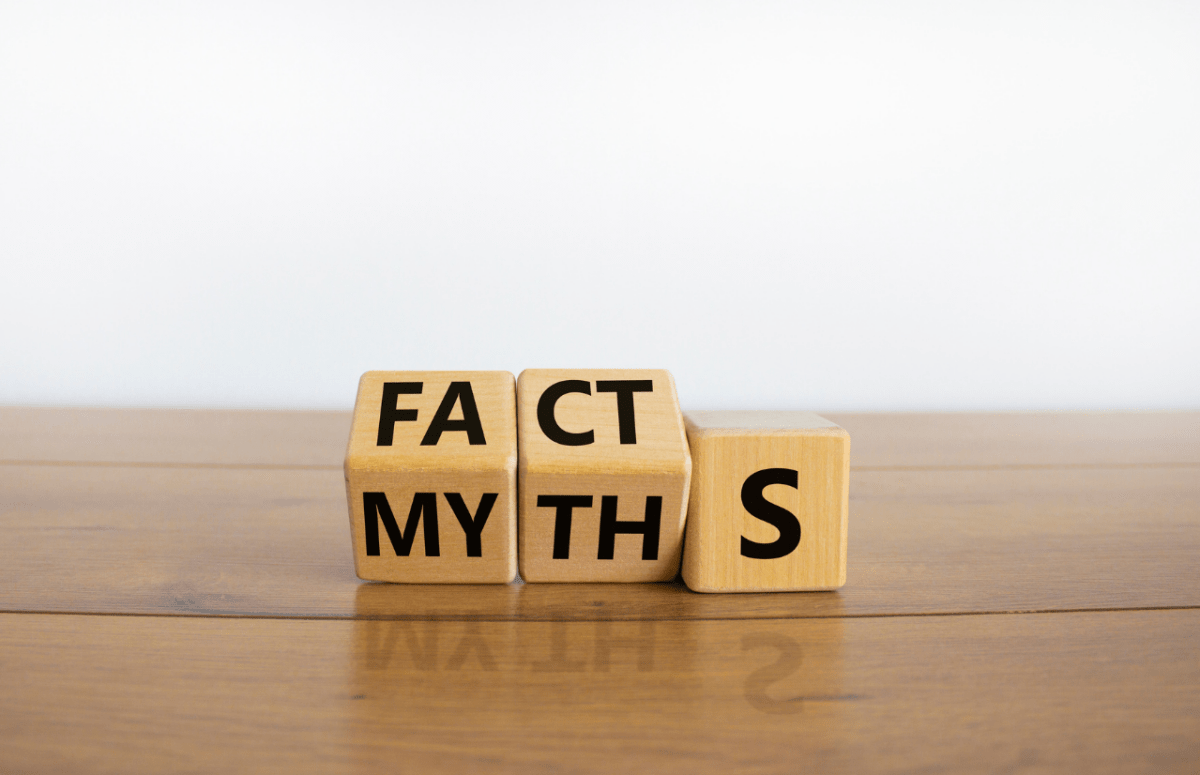Our common and conventional idea about weight loss is - eat less, exercise more. You might be someone who may be effected because of the heavyweight they’ve gained. If you’re here, you surely must be in search of the best scientific ways to lose weight faster and efficiently.
We’re not going to advise that needless suffering of cutting meals and exercising all day long. Well, let’s get started for the best scientific weight loss tips!
Scientific Fact No. 1 - The greater the fat, the more chubbiness.
Yes! It’s true that excess fat consumption makes you more and more fat. The science behind is that excess fat goes straight into the cells called adipocytes (fat cells) within our body. This adipose tissue accumulates anywhere it finds space in the body, making your obese.
Verdict: Cutting the fat from diet is the first necessary step for weight loss.
Scientific Fact No. 2 - Exercise cuts the fat faster by boosting up the metabolism.
Whenever you exercise, certain chemical substances such as catecholamines and glucagon increase in your body. These substances act on the adipocytes to release the stored fatty acids into the bloodstream. The fat breakdown process called beta-oxidation4 is also boosted in the cells where fatty acids are metabolised.
Verdict: The more exercise, the greater fat the breakdown and weight loss.
Scientific Fact No. 3- Hunger makes you lean and lethargic.
Hunger is not the solution to weight loss and has never been. Scientific studies have shown that those who opt for hunger tend to be always lethargic and weak. Moreover, their necessary bodily functions decline because of the unavailability of required energy.
Verdict: Never choose the hunger pathway. Instead, eat healthy food such as vegetables and fruits at frequent intervals. This will maintain your glucose levels and you would also be able to do daily activities.
Scientific Fact No. 4 - Eating more vegetables helps in reducing more calorie consumption.
Vegetables are rich in dietary fibre. When these are consumed, they really add bulk to our diet and create a feeling of fullness for a longer time. Thus, you wouldn’t be eating more if you use vegetables in your meal plan.
Verdict: Eat vegetables to help you eat less.
Outlook
Having said all of this, just remember one golden rule: exercise is helpful if your diet is healthy. Along with exercise, maintain a healthy diet, cut short your fat consumption, and use the proteins more in your meals. Best of luck for your weight loss journey!





Share:
Visceral fat: How it develops and how to lose it!
HIIT Training Classes- Why has they been so trendy and the role of community in the post-COVID future?